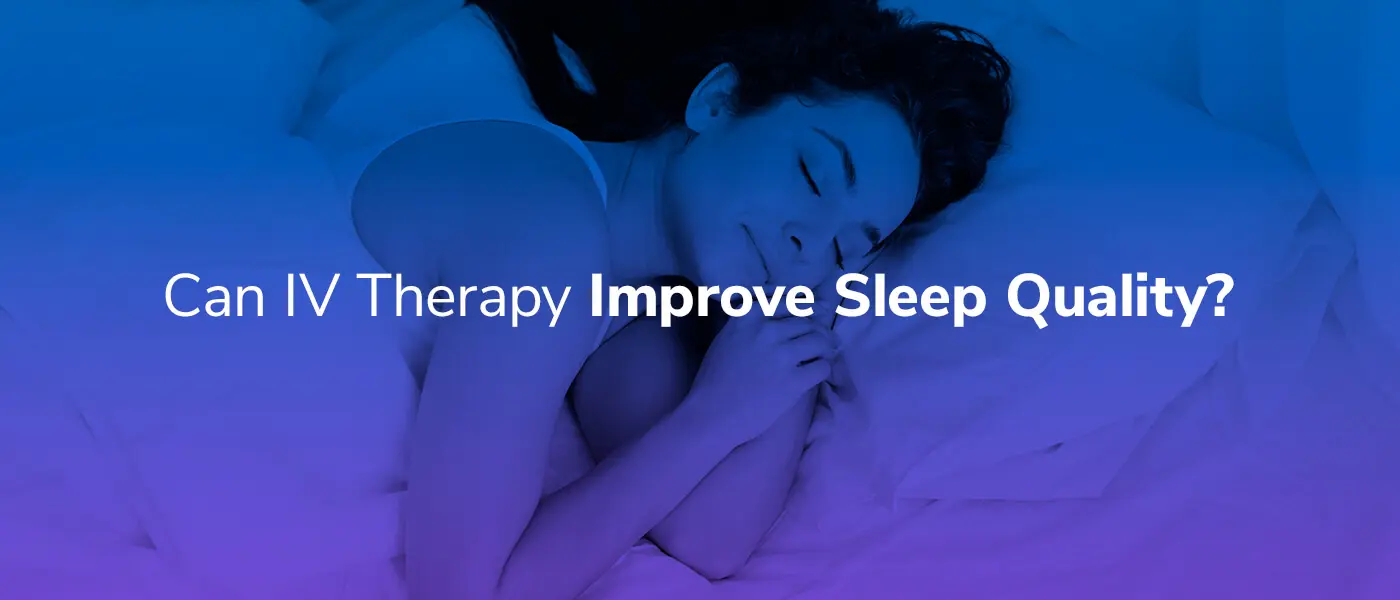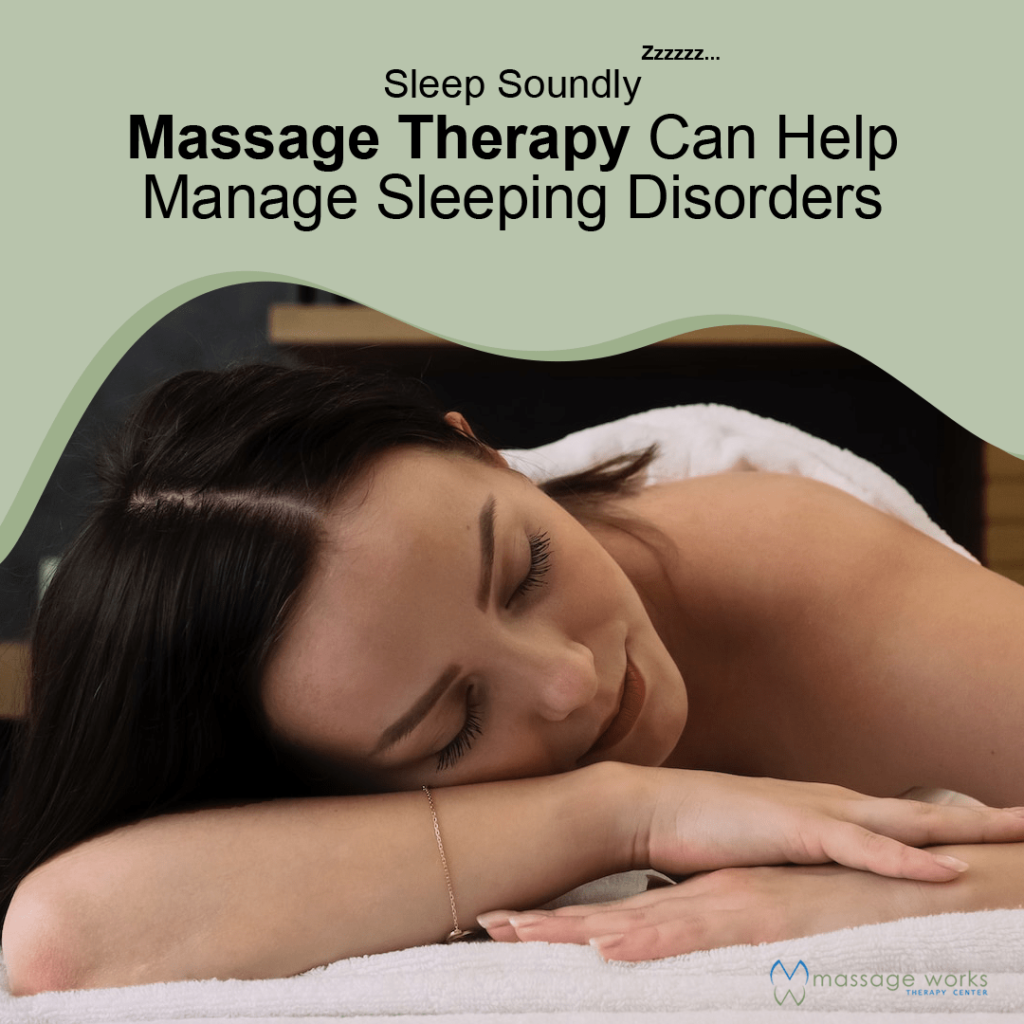Reliable Insomnia Therapy - Restore Your Restful Nights
Reliable Insomnia Therapy - Restore Your Restful Nights
Blog Article
Reliable Therapy Solutions for Handling Sleep Disorders and Enhancing Relaxed Rest
In the realm of healthcare, the management of sleep problems and the pursuit for restful rest are critical elements of general well-being. Efficient therapy remedies provide a multifaceted strategy to take on these obstacles, ranging from cognitive behavior interventions to all natural practices that advertise leisure and mindfulness. The exploration of different approaches, consisting of the combination of medication and light treatment, opens a world of opportunities in the search of much better rest high quality. As we navigate the elaborate landscape of rest disorders and seek to improve our rest experience, a deeper understanding of these treatment services might hold the key to opening a more rejuvenating and satisfying restorative trip.
Cognitive Behavioral Treatment for Sleeping Disorders (CBT-I)
Cognitive Behavior Modification for Sleeplessness (CBT-I) is a structured, evidence-based treatment technique that concentrates on addressing the underlying variables adding to rest disruptions. This sort of treatment intends to change actions and thoughts that worsen insomnia, eventually promoting healthy rest patterns. CBT-I normally involves a number of vital parts, consisting of cognitive treatment, rest constraint, stimulation control, and rest health education and learning.
Cognitive treatment helps people recognize and transform unfavorable thought patterns and ideas regarding rest that may be hindering their capacity to drop or remain asleep. Rest limitation includes limiting the quantity of time invested in bed to match the individual's actual rest duration, thus raising sleep efficiency (sleep disorder treatment). Stimulus control methods assist establish a strong association between the bed and sleep by encouraging individuals to go to bed just when sleepy and to avoid taking part in stimulating activities in bed
In addition, rest hygiene education concentrates on developing healthy rest practices, such as keeping a constant sleep routine, producing a relaxing bedtime routine, and optimizing the sleep atmosphere. By dealing with these factors thoroughly, CBT-I supplies an efficient non-pharmacological treatment for taking care of sleep problems and improving overall sleep high quality.
Rest Health Practices
Having established the structure of cognitive restructuring and behavior alterations in attending to sleeping disorders through Cognitive Behavior modification for Sleeping Disorders (CBT-I), the focus currently moves in the direction of exploring vital Sleep Hygiene Practices for keeping optimum rest top quality and general health.
Rest hygiene methods include a range of behaviors and environmental factors that can dramatically affect one's ability to sleep and stay asleep throughout the night. Regular sleep and wake times, producing a relaxing bedtime regimen, and maximizing the sleep environment by maintaining it dark, quiet, and cool are critical components of great sleep hygiene. Limiting direct exposure to displays prior to bedtime, avoiding stimulants like caffeine close to bedtime, and engaging in normal exercise throughout the day can also advertise far better sleep high quality.
Furthermore, practicing relaxation techniques such as deep breathing workouts or meditation before bed can aid soothe the mind and prepare the body for rest. By including these rest hygiene techniques right into one's day-to-day regimen, individuals can establish a healthy and balanced rest pattern that sustains restful sleep and overall well-being.
Leisure Techniques and Mindfulness
Applying leisure strategies and mindfulness practices can play a pivotal duty in promoting a sense of tranquility and promoting quality sleep. sleep improvement therapy. These techniques aim to quiet the mind, minimize anxiety, and create an ideal environment for peaceful rest. One extensively practiced technique is deep breathing workouts, where individuals concentrate on slow-moving, deep breaths to kick back the mind and body. Modern muscle leisure involves tensing and after that releasing each muscle mass team, promoting physical relaxation. Additionally, assisted images can aid transport people to a tranquil area in their minds, helping in tension decrease and boosting rest top quality.
By integrating these practices into a going to bed regimen, people can indicate to their bodies that it is time to prepare and relax for sleep. On the whole, incorporating leisure methods and mindfulness practices can considerably add to taking care of rest disorders and boosting overall sleep quality.

Medication Options for Rest Disorders
After exploring relaxation techniques and mindfulness techniques as non-pharmacological interventions for enhancing sleep official source high quality, it is necessary to consider medicine choices for individuals with rest problems. In cases where way of life changes and therapy do not supply enough alleviation, medicine can be a valuable tool in managing rest disruptions.
Generally suggested medicines for sleep conditions include benzodiazepines, non-benzodiazepine hypnotics, antidepressants, and melatonin receptor agonists. Benzodiazepines, such as diazepam, are sedatives that can aid induce sleep, but they are normally advised for short-term use because of the risk of dependancy. Non-benzodiazepine hypnotics like zolpidem are additionally used to treat sleeping disorders and have a lower danger of dependence contrasted to benzodiazepines. Antidepressants, such as trazodone, can be beneficial for individuals with co-occurring depression and rest disruptions. Melatonin receptor agonists, like ramelteon, target the body's all-natural sleep-wake cycle and can be practical for managing rest patterns.
It is important for people to talk to a health care copyright to identify the most appropriate drug option based upon their particular sleep problem and medical background.
Light Treatment for Circadian Rhythm Guideline
Light therapy, likewise referred to as photo-therapy, is a non-invasive treatment technique utilized to regulate circadian rhythms and enhance sleep-wake cycles. This therapy includes exposure to brilliant light that resembles all-natural sunshine, which assists to reset the body's biological rhythm. By subjecting individuals to particular wavelengths of light, generally in the morning or evening depending upon the wanted impact, try this site light treatment can successfully change the circadian rhythm to advertise wakefulness throughout the day and boost relaxing sleep in the evening.
Study has actually revealed that light treatment can be particularly valuable for individuals with circadian rhythm conditions, such as delayed rest phase syndrome or jet lag. It can likewise be read here helpful for those experiencing seasonal affective disorder (SAD), a sort of anxiety that generally happens throughout the cold weather when all-natural light direct exposure is lowered. Light therapy is normally well-tolerated and can be utilized in conjunction with various other therapy approaches for rest disorders to optimize results and boost general sleep top quality.
Final Thought
In final thought, efficient therapy services for handling sleep disorders and boosting restful sleep include Cognitive Behavioral Therapy for Insomnia (CBT-I), sleep hygiene techniques, leisure techniques and mindfulness, medicine options, and light therapy for body clock guideline. These techniques can assist individuals improve their rest high quality and general well-being. It is essential to seek advice from a medical care company to figure out the most suitable method for dealing with rest issues.
As we navigate the intricate landscape of sleep disorders and seek to improve our rest experience, a deeper understanding of these treatment services might hold the key to unlocking a more rejuvenating and fulfilling restorative journey.
Sleep limitation entails restricting the quantity of time invested in bed to match the individual's real sleep duration, thereby raising sleep performance. Constant sleep and wake times, developing a relaxing bedtime regimen, and optimizing the sleep atmosphere by keeping it dark, quiet, and cool are important components of great sleep hygiene. Light treatment is typically well-tolerated and can be utilized in conjunction with other treatment techniques for rest conditions to enhance results and improve general sleep high quality.

Report this page